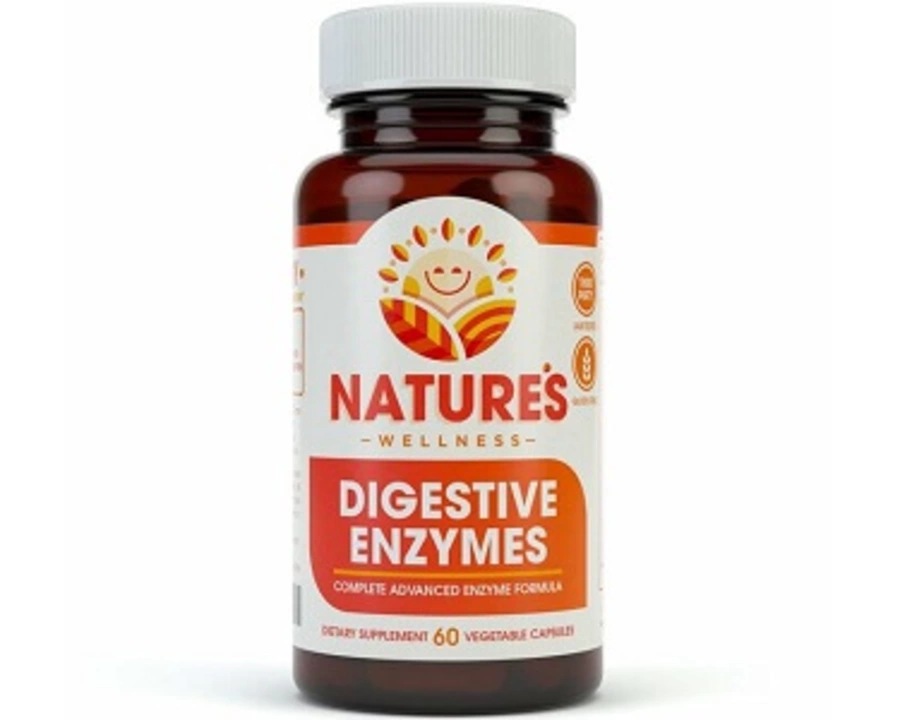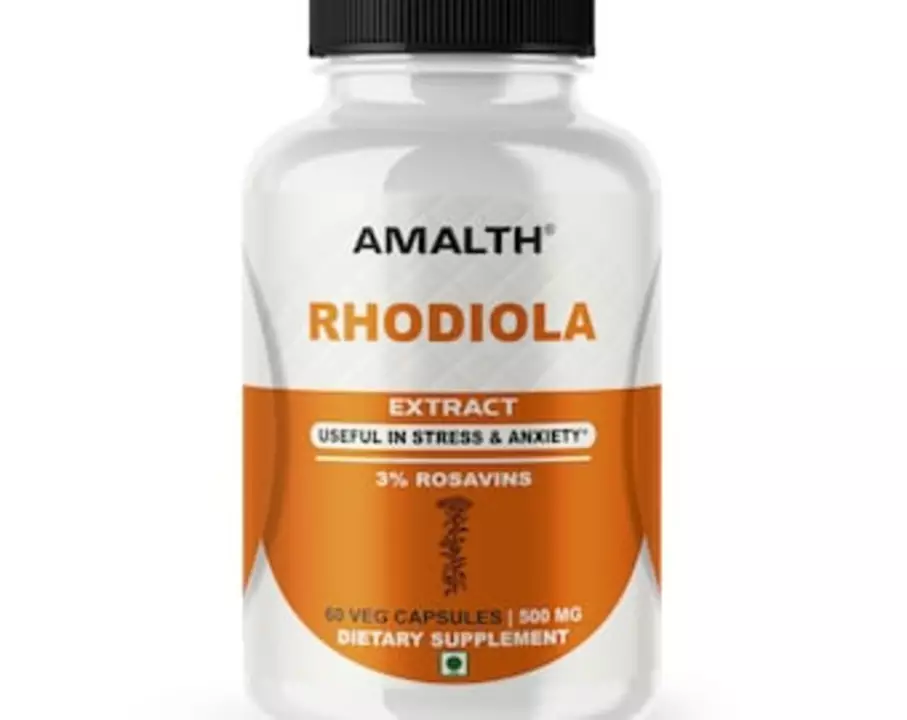Dietary Supplement: What to Know Before You Buy
Thinking about a dietary supplement? Good—many people use supplements to fill gaps, support recovery, or boost energy. But not all products are equal. This quick guide gives clear, practical steps so you pick something that helps, not harms.
How to pick a supplement
First, check the label. Look for active ingredient amounts, serving size, and % daily values. Avoid products that hide doses behind proprietary blends. If the label lists vague terms instead of milligrams, put it back on the shelf.
Choose third-party testing. Nonprofit labs like USP, NSF, or ConsumerLab verify what’s in the bottle. A seal from one of them doesn’t guarantee magic, but it does cut down on fake ingredients and contamination.
Know the form. Some nutrients absorb better in certain forms—like vitamin D3 over D2, or methylfolate for people who don’t process folic acid well. If you’re unsure, ask a pharmacist or your doctor for the best form for your needs.
Check the price per dose, not per bottle. A cheap bottle can be expensive if the effective dose is tiny. Compare milligrams per serving and cost per effective dose.
Safe use and interactions
Tell your healthcare team. Supplements can interact with prescription meds—blood thinners, blood pressure drugs, antidepressants, and chemotherapy are common trouble spots. A short chat with your pharmacist can prevent serious problems.
Start low and track effects. Try one new supplement at a time for a few weeks. Keep a simple notebook: dose, time of day, and any changes in sleep, digestion, mood, or energy. If something feels off, stop and talk to your provider.
Avoid megadoses. Bigger isn’t always better. Fat-soluble vitamins (A, D, E, K) can build up and cause harm. Stick to recommended doses unless a provider advises otherwise for a specific deficiency.
Special groups need care. Pregnant people, kids, and people with kidney or liver disease should get medical advice before starting supplements. Some herbs and extracts are powerful and not safe in pregnancy or with chronic conditions.
Store properly and watch expiry dates. Heat, light, and moisture can cut potency. Keep supplements in a cool, dry place and toss anything past its expiry or that changes smell or color.
Finally, remember supplements support, not replace, real treatments. A good diet, sleep, movement, and medical care matter most. Use supplements as targeted tools—after checking quality, dose, and safety—and you’ll get the most benefit with the least risk.






